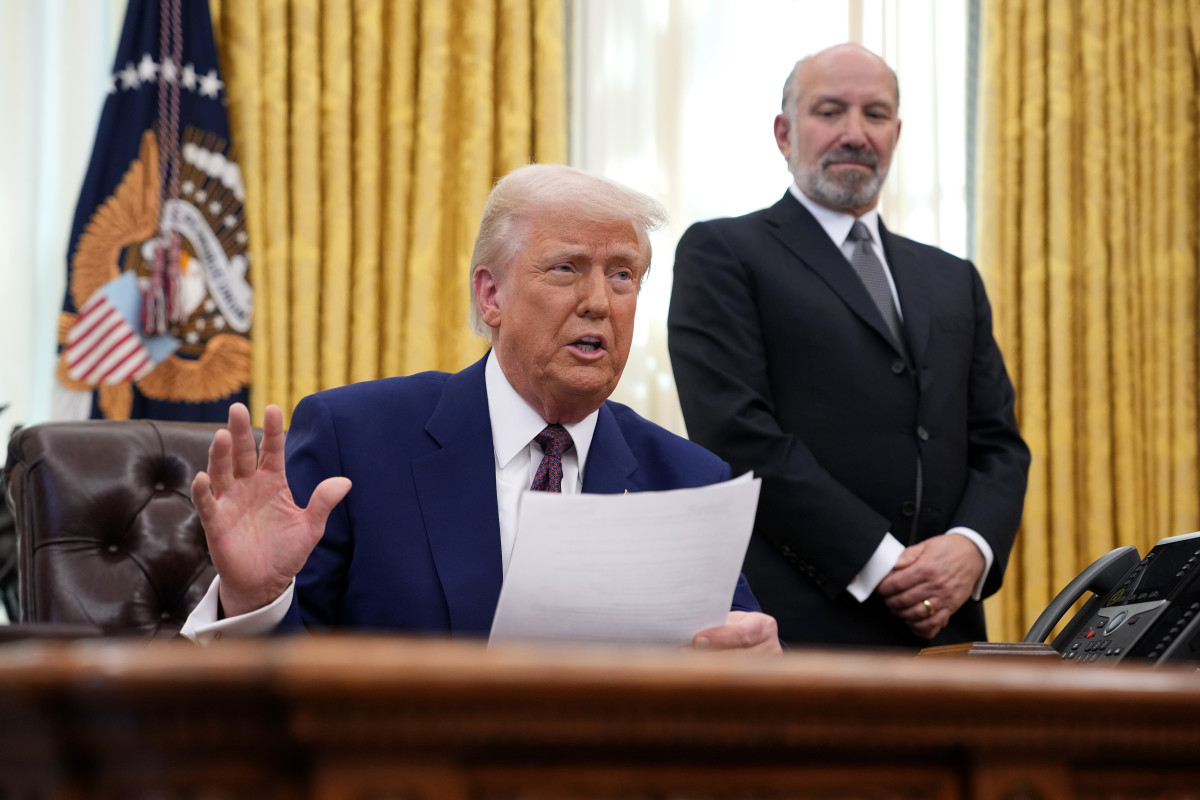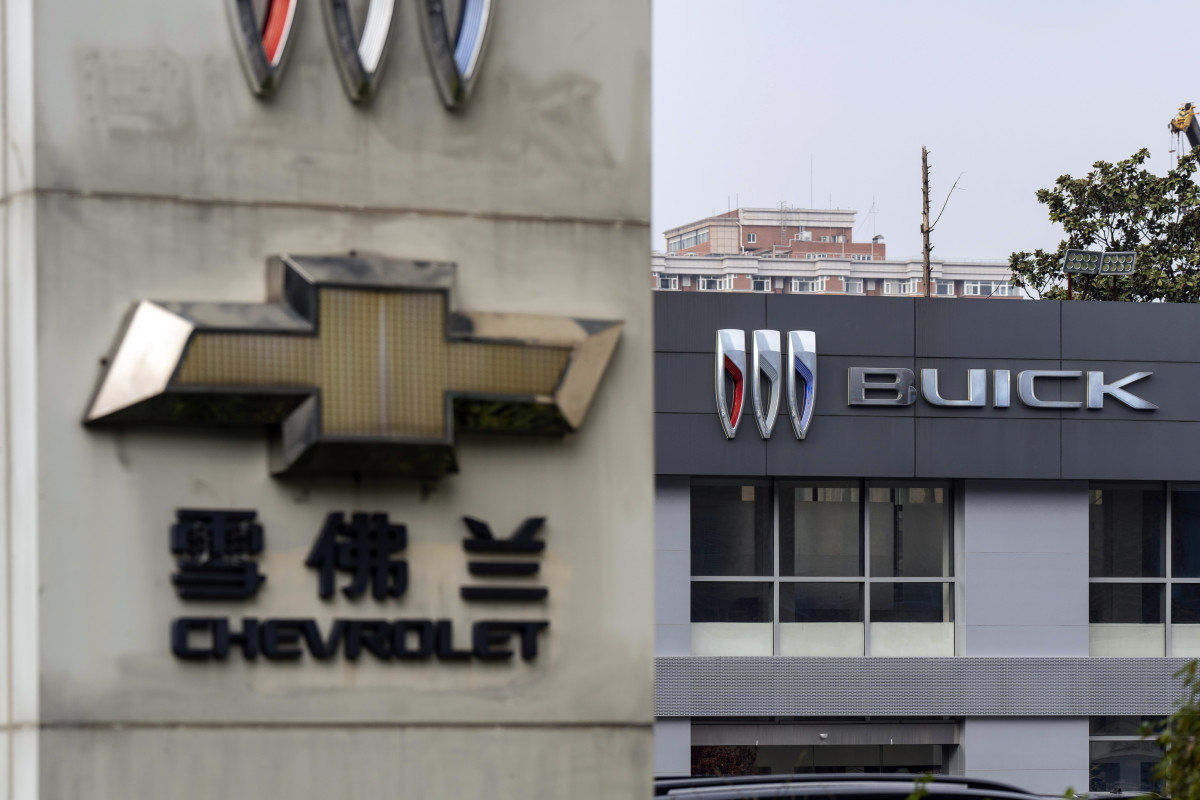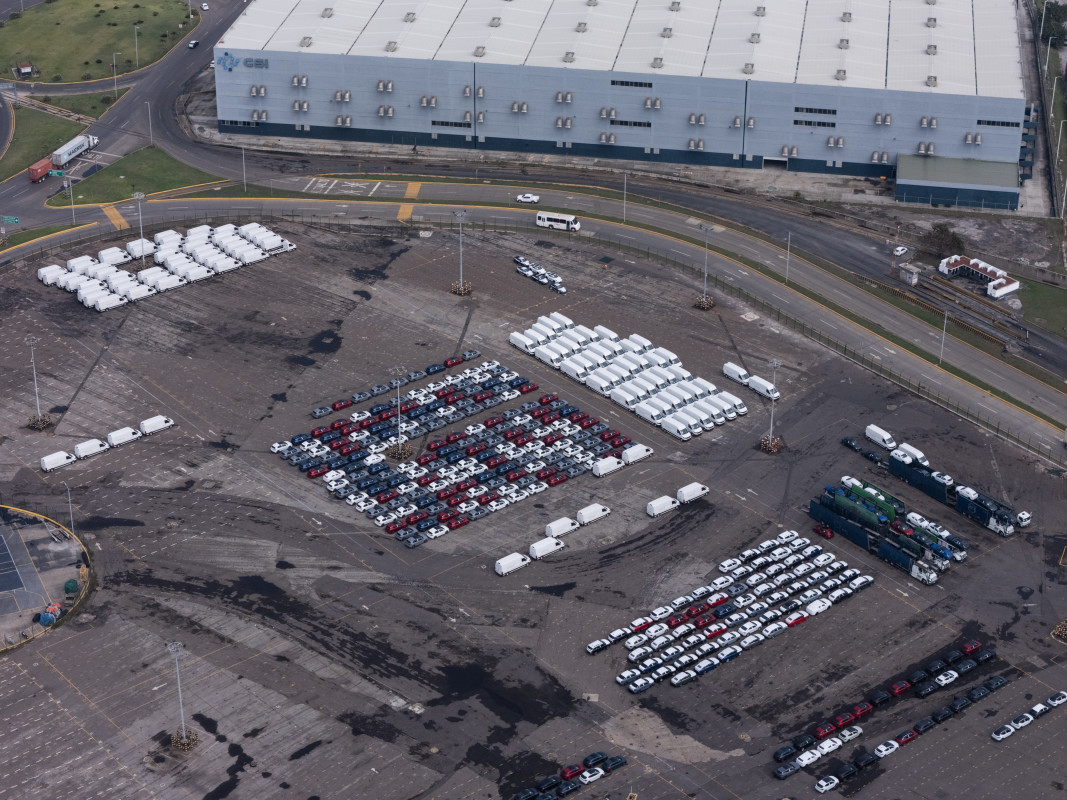The Tariff Tangle

So, the Trump administration dropped a bit of a bombshell recently by pausing some reciprocal import tariffs for 90 days, but guess what? The auto industry didn’t get the memo for a reprieve. Even after slashing tariffs to a mere 10% for many of 75 countries, those hefty 25% tariffs on imported vehicles and parts are still chugging along. This isn’t great news for Detroit’s Big Three or Michigan, where cars and the parts that build them run the show.
Michigan’s Woes

In Michigan, where car manufacturing practically fuels the entire state’s economy, the reaction can be summed up in two words: absolute dread. Dan Ives, a sharp-eyed analyst over at Wedbush Securities, likened it to a “gut punch,” especially since Detroit’s carmakers are already grappling with high costs, supply chain chaos, and the looming threat of job losses. Global markets may have grinned a bit with the tariff pause, but there’s no denying the chill that still hangs over the Motor City.
Feeling the Heat

Glenn Stevens over at MichAuto, who feels like he might be dealing with a mild case of whiplash, mentioned that while some tariffs got hit with the pause button, the ones on assembled cars and components are still firmly in play since April 3. Michigan’s signature industry and its supply chains are left picking up the pieces amid this uncertainty.
China Tariffs
As if things weren’t dicey enough, Trump turned up the pressure by raising tariffs on Chinese goods to 125%, with autos soaring as high as 150%. China’s no push-over either, retaliating with tariffs on American products, some to a dizzying 84%. Folks in Michigan, with their global suppliers and reliance on Chinese parts, are feeling the burn.
USMCA Confusion
Then there’s the U.S.-Mexico-Canada Agreement, which adds another layer of complexity. The real head-scratcher is what qualifies a vehicle or a part for tariff exemptions under this agreement. It’s like a regulatory minefield with automakers stepping carefully to avoid mishaps, all while facing a 25% tariff on non-compliant goods from Canada and Mexico.
What Lies Ahead
While UAW President Shawn Fain argues that tariffs are a surefire way to rally jobs back to American soil, others, like Michigan’s Gov. Gretchen Whitmer, are concerned about the possibility of higher costs resulting in more layoffs rather than securing jobs. It’s a tightrope since any quick fixes could send consumer prices into a spiral and add more volatility to an already shaky market.
As talks continue at high levels, all eyes are on how these negotiations will play out. For the auto industry, the path forward appears as hazy as it is uncertain. Buckle up; it’s going to be quite a ride!
Volvo EX30: Eco Sleek
BMW's Bold EV Vision
Chinese EV Hits the US
Audi Q9 Unveiled
Lambo's Off-Road Gem